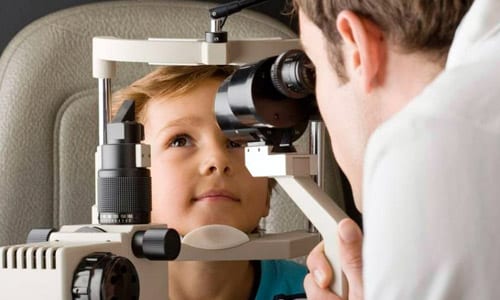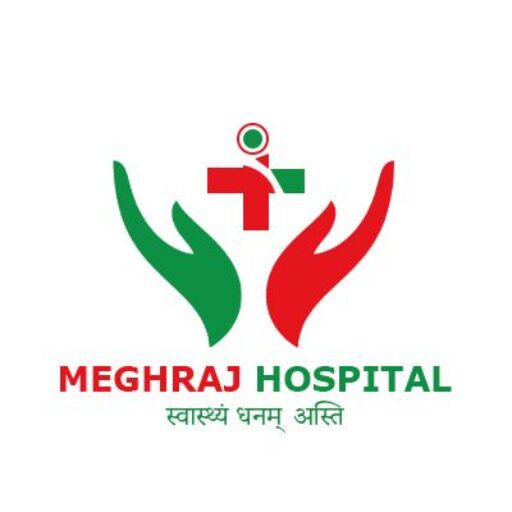
Pediatric ophthalmology is a specialized field of medicine that focuses on the diagnosis, treatment, and management of eye disorders in children. Pediatric ophthalmologists are ophthalmologists who have undergone additional training to specifically care for the unique visual and eye health needs of infants, children, and adolescents
Here are key aspects of pediatric ophthalmology:
- Visual Development: Pediatric ophthalmologists understand the normal visual development process in children and are trained to identify and address abnormalities or delays that may occur at different stages of childhood.
- Common Eye Conditions: They diagnose and treat a wide range of eye conditions that affect children, including refractive errors (such as nearsightedness, farsightedness, and astigmatism), strabismus (misalignment of the eyes), amblyopia (lazy eye), congenital cataracts, glaucoma, retinopathy of prematurity (ROP), congenital anomalies of the optic nerve and retina, and genetic eye disorders.
- Vision Screening and Assessment: Pediatric ophthalmologists conduct comprehensive eye examinations and vision screenings to evaluate visual acuity, eye alignment, eye movement, binocular vision, and overall eye health in children of all ages, including newborns and infants who may not be able to communicate verbally.
- Diagnostic Testing: They may perform specialized diagnostic tests and procedures to assess children’s vision and eye health, such as visual evoked potentials (VEP), electroretinography (ERG), optical coherence tomography (OCT), and fundus photography.
- Treatment Modalities: Pediatric ophthalmologists utilize various treatment modalities to manage eye conditions in children, including prescription eyeglasses or contact lenses, patching therapy for amblyopia, eye muscle exercises (orthoptics), eye drops or medications, and surgical interventions such as strabismus surgery, cataract extraction, or glaucoma surgery.
- Amblyopia Management: Amblyopia, or lazy eye, is a common condition in children where one eye has reduced vision due to abnormal visual development. Pediatric ophthalmologists play a crucial role in diagnosing amblyopia early and implementing appropriate treatment strategies to improve visual outcomes, such as patching the stronger eye to encourage visual stimulation in the weaker eye.
- Collaboration with Other Specialists: Pediatric ophthalmologists often collaborate with pediatricians, neonatologists, geneticists, neurologists, and other specialists to provide comprehensive care for children with complex medical and genetic conditions that may affect the eyes.
- Family Education and Support: They educate parents and caregivers about their child’s eye condition, treatment options, and the importance of ongoing eye care and follow-up visits. They also offer support and guidance to help families navigate the challenges associated with managing their child’s eye health.
